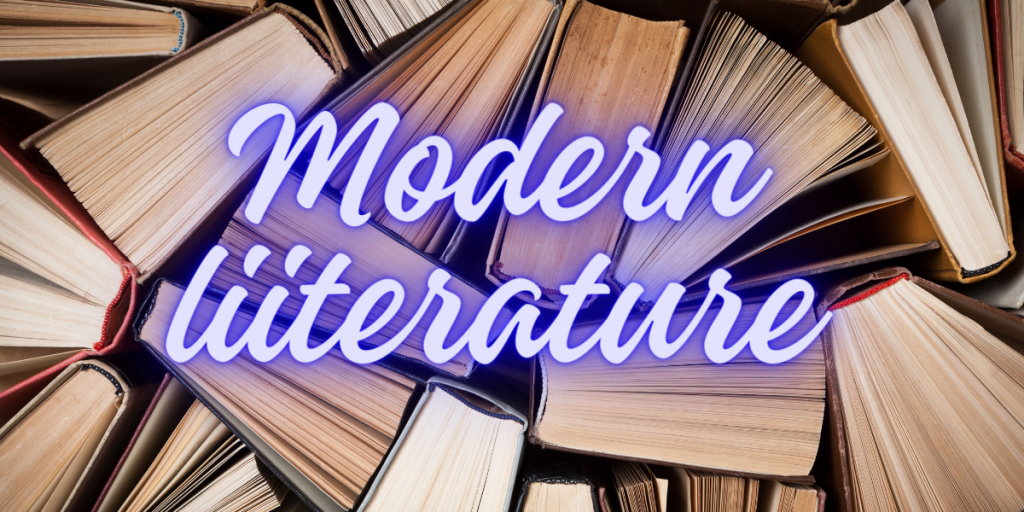
Satire, a genre of literature that uses humor, irony, and exaggeration to criticize or mock societal issues, remains a powerful tool in modern literature. Unlike traditional forms of criticism, satire engages readers through wit and cleverness, making complex or uncomfortable topics more accessible.
In today’s literary landscape, satire has adapted to address contemporary issues such as political corruption, social inequality, and cultural norms. Authors like Jonathan Swift and Mark Twain laid the groundwork for satire, but modern writers have expanded its scope to reflect current events and societal changes.
One prominent example is the work of David Foster Wallace, whose novels often employ satirical elements to critique modern consumerism and media culture. Similarly, authors like Margaret Atwood use satire to explore themes of dystopia and gender politics in her novels.
The effectiveness of satire lies in its ability to provoke thought and discussion. By exaggerating flaws and absurdities, satirical literature encourages readers to question the status quo and consider alternative perspectives. This approach can be particularly impactful in addressing sensitive topics, as it combines humor with critical analysis.
In a world where traditional forms of critique may fall short, satire offers a unique and engaging way to address pressing issues. As modern literature continues to evolve, the role of satire will likely remain central in challenging societal norms and inspiring change. By balancing humor with critical insight, satire ensures that its messages resonate with readers, making it a vital part of contemporary literary discourse.
